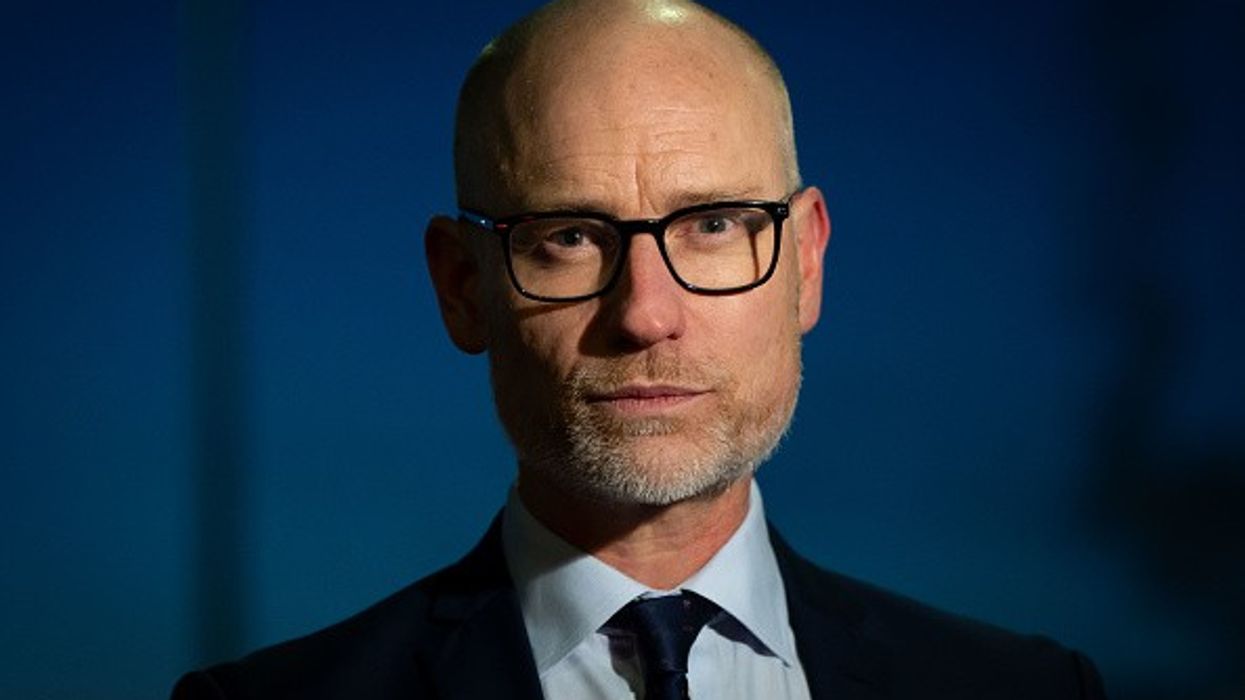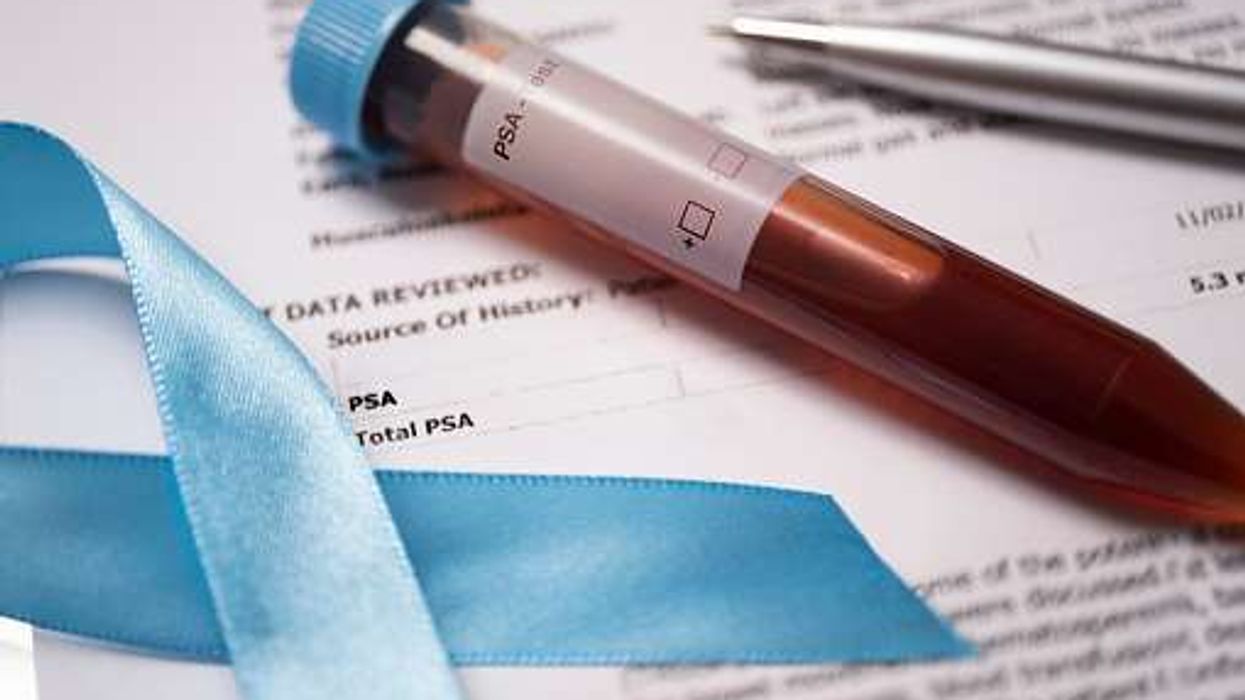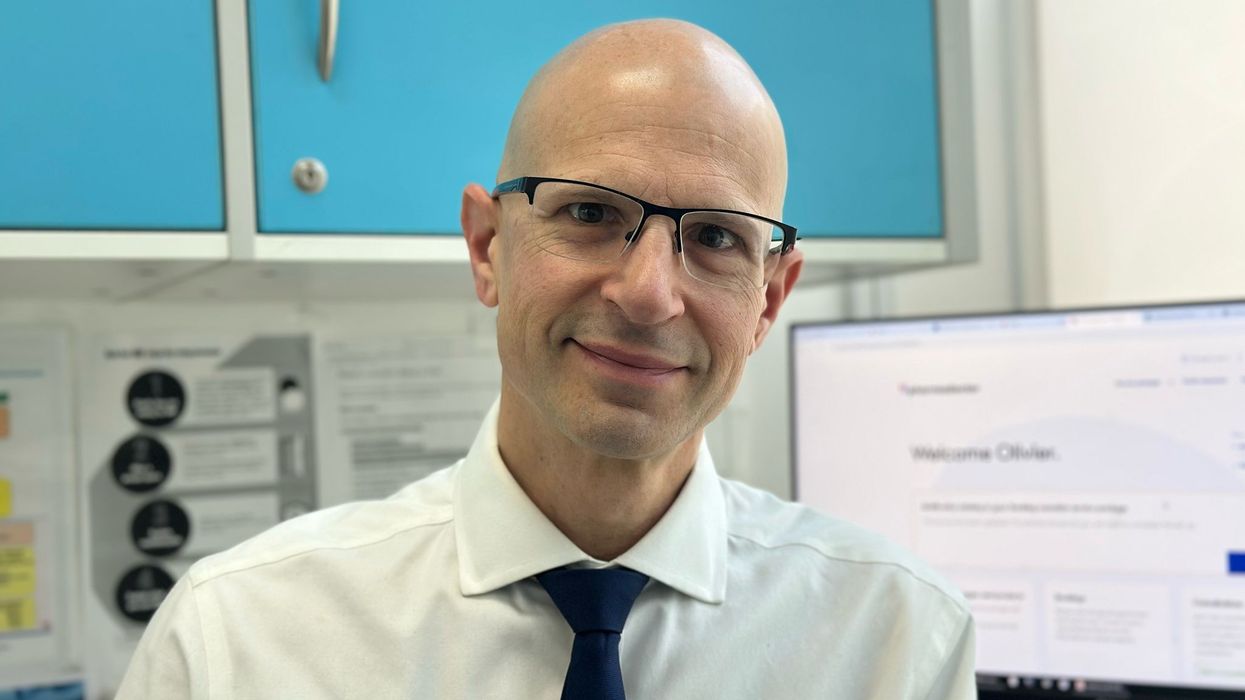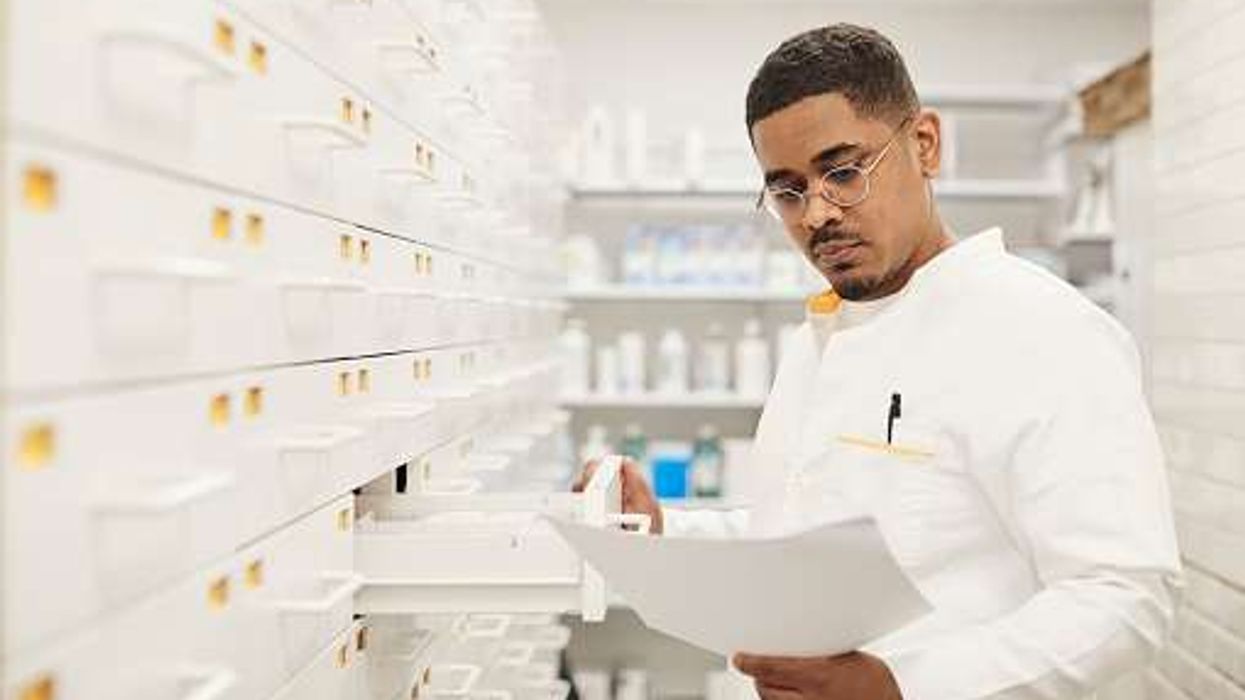Following a six-week consultation with Community Pharmacy England (CPE), the government has committed an additional £617 million over two years to support the sector- the largest uplift in funding across the whole of the NHS.
The Department of Health & Social Care (DHSC) today (31) announced the funding arrangements for the Community Pharmacy Contractual Framework (CPCF) for 2024/25 and 2025/26.
The deal includes a final funding settlement for this year (2024/25), providing an extra £106m compared to the previous year, and a further £375m for 2025/26.
It takes the baseline annual CPCF funding for 2025/26 to £3.073 billion, representing a 15% increase in government spending on the previous year, surpassing the record 5.8% growth in the total NHS budget.
From April 2025, the margin allowance for community pharmacy will rise to £900 million per year.
The sector has also secured a further £215 million for Pharmacy First and other Primary Care Recovery Plan services.
In a major relief to pharmacy owners, the government has agreed to write off £193 million of historic medicines margin over delivery, primarily accrued during the COVID-19 pandemic.
Health minister Stephen Kinnock described this record investment and reform as “a vital first step to getting community pharmacies back on their feet and fit for the future.”
“Community pharmacists are at the heart of local healthcare, and we want them to play a bigger role as we shift care out of hospitals and into the community through our Plan for Change,” he said.
“We’re working to turn around a decade of underfunding and neglect that has left the sector on the brink of collapse.”
“The agreement shows how this government is working in partnership with community pharmacy to deliver more care for patients closer to their home, freeing up GP appointments, and catching ill-health earlier and preventing it in the first place,” he added.
CPE chief executive Janet Morrison pointed out that a decade of real-terms funding cuts has left pharmacy businesses fighting to survive, with closures continuing at an alarming rate.
She said: “We are pleased that this settlement takes a positive first step in the right direction for pharmacies, towards stabilisation and a better future.
“A sustainable community pharmacy sector can and must play a huge part in the future of the NHS.”
Fee Adjustments
As part of the new agreement, the following fee changes will take effect from April 2025:
Single Activity Fee (SAF): Increasing from £1.27 to £1.46 per item.
Pharmacy Contraception Service (PCS): Fees for both initiation and continuation consultations will rise from £18 to £25.
Pharmacy First Service: Consultation fees for Minor Illness and Clinical Pathways will increase from £15 to £17.
New Medicine Service (NMS): The payment structure will be simplified, introducing a split fee—£14 for the initial intervention consultation and an additional £14 for the follow-up consultation.
Hypertension Case Finding Service:
Clinic Check Consultation fee will be reduced from £15 to £10.
Ambulatory Blood Pressure Monitoring (ABPM) fee will increase from £45 to £50.85.
Expansion of two existing services
The government has also confirmed the expansion of the New Medicine Service (NMS) and Pharmacy Contraception Service (PCS).
From October 2025, antidepressants will be added to the NMS, and Emergency Hormonal Contraception (EHC) will be added to the PCS, with a consultation fee of £20.
Additionally, the government has agreed to enhance the use of skill mix within the Smoking Cessation Service and Pharmacy Contraception Service, allowing pharmacy technicians to deliver Patient Group Directions (PGDs).
From 2025/26, PGDs will be introduced for the Smoking Cessation Service to allow the supply of varenicline and cytisinicline (cytisine), while drospirenone will be added under PGD for the Pharmacy Contraception Service.
A smaller than usual Pharmacy Quality Scheme (PQS) will include training to support the expansion of these services, with a 75% aspiration payment available to claim in May.
"This positive investment underscores the importance of community pharmacy as an integral part of the NHS team, providing clinical care, optimising the use of medicines, and supporting people in their neighbourhoods to prevent ill-health, said David Webb, chief pharmaceutical officer for England.
Amanda Doyle, national director for primary care and community services, welcomed the funding deal, emphasising that it will empower community pharmacists to build on their success and further expand their roles in patient care.
“This funding secures their good work for patients for the future,” she stated.
The announcement comes after the release of an independent economic analysis of England’s community pharmacy sector on Friday, which revealed that 78% of pharmacies are "unsustainable in the short run" and face a significant risk of disrupting NHS pharmaceutical services.













